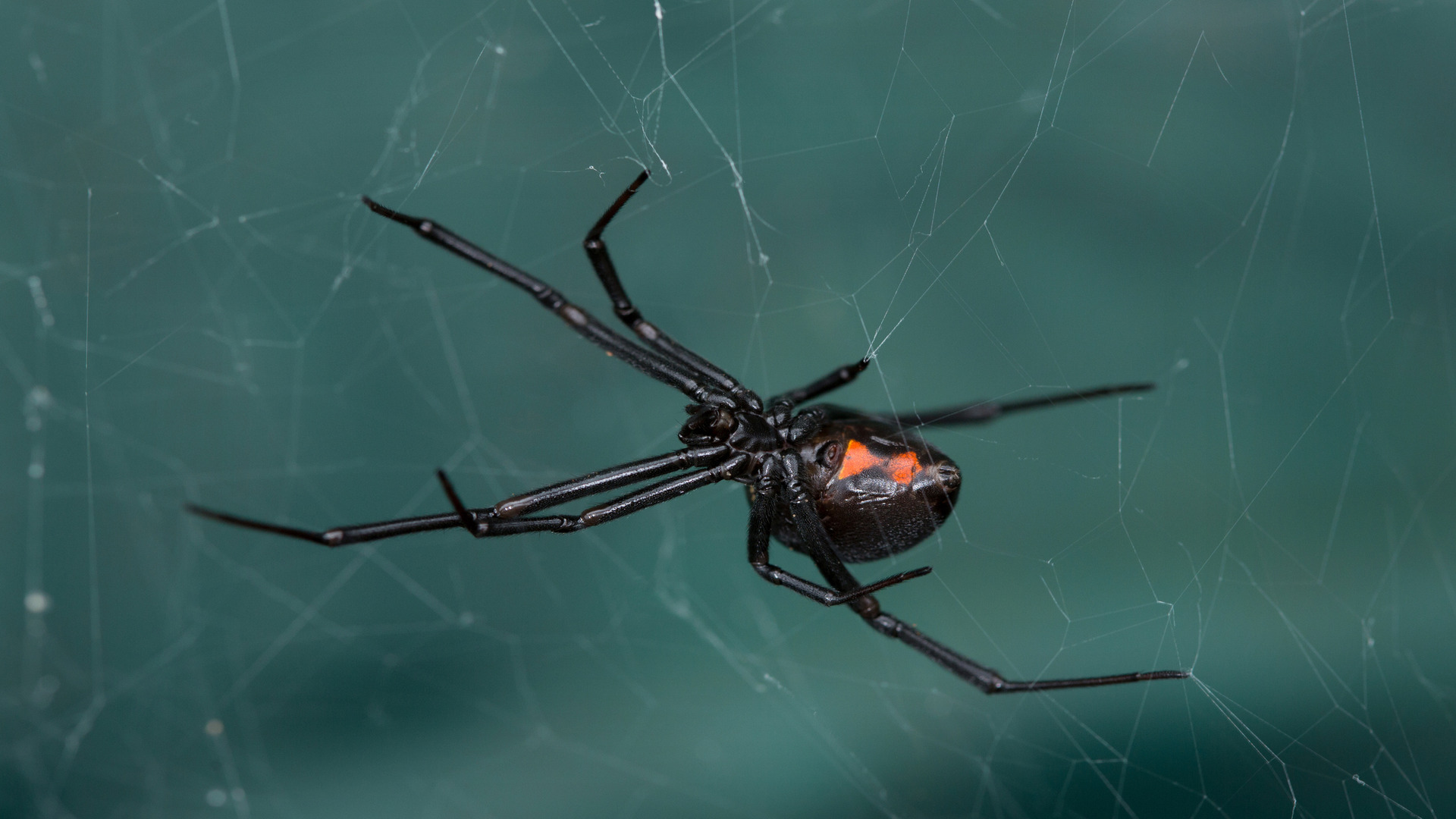World
Black widow: Human antidotes defeat 1 of world’s most venomous spiders

For years, the European black widow spider’s venom has been a dangerous risk to humans, leading to severe symptoms in individuals who are bitten by it.
For the first time, researchers have created human antibodies that could neutralize the venom of European black widow spiders. The venom of these spiders could lead to serious nervous system complications.
Until now, antibodies generated from horses were the only way to treat spider bite-related diseases. However, they caused several negative effects, prompting researchers to seek alternative solutions.
Selecting of antibodies
Latrodectus tredecimguttatus, often known as the European black widow spider, is native to the Mediterranean area in Europe. However, these spiders have been spotted spreading their territory into new places due to climate change.
That is why there is an urgent need to identify new treatments for spider bites.
A team of researchers led by Prof Michael Hust, a biologist at the Technical University of Braunschweig in Germany, set out to find ways to replace horse sera with “recombinant human antibodies.”
Hust explained selecting the antibodies to Interesting Engineering (IE).
Using an innovative in-vitro technology known as antibody phage display, the researchers sifted through billions of antibodies to identify those capable of attaching to the toxin.
“The human antibodies were selected from our human naive antibody gene libraries HAL9/10 by phage display. Phage display is an in vitro technology to generate antibodies,” Hust explained.
This method enabled them to develop fewer side effects than standard horse-derived antivenom antibodies.
“Because the antivenom [horse-derived] is not of human origin it can cause an immune reaction like serum sickness (a hypersensitive reaction occurs after some days) or also an anaphylactic shock (a reaction after some minutes) which also resulted in fatal cases in the past,” he added.
Next steps
As per the press release, many of these antibody candidates showed promising results in laboratory tests. However, one, named MRU44-4-A1, stands out for its exceptional ability to neutralize the venom.
“Before going to clinical trials, the efficacy has to be shown in an animal model,” Hust mentioned. “Afterwards, the antibodies have to be checked in toxicity studies and PK studies in animals, the crossreactivity with human tissues has to be checked,” Hust added.
This will lead to the formulation of the drug as the final product. According to Hust, the biggest problem is not developing new drug candidates but financing clinical trials.
Latrodectism is a medical condition caused by the bite of a widow spider. The venom of these spiders contains a potent neurotoxin called alpha-latrotoxin, which specifically targets the nervous system. It could lead to symptoms like severe pain, hypertension, headache, and nausea.
“The most striking symptom is severe and long-lasting pain observed in 50% of latrodectism cases, with an average duration of symptoms of two days. Deaths by black widow spider bites are rare,” Hust told IE.
The findings have been published in the journal Frontiers in Immunology.
ABOUT THE EDITOR
Mrigakshi Dixit Mrigakshi is a science journalist who enjoys writing about space exploration, biology, and technological innovations. Her professional experience encompasses both broadcast and digital media, enabling her to learn a variety of storytelling formats. Her work has been featured in well-known publications including Nature India, Supercluster, and Astronomy magazine. If you have pitches in mind, please do not hesitate to email her.




:quality(70):focal(958x822:968x832)/cloudfront-us-east-1.images.arcpublishing.com/shawmedia/JAEFIIKPTVFAPKJ55WWVVO7HAY.jpg)




